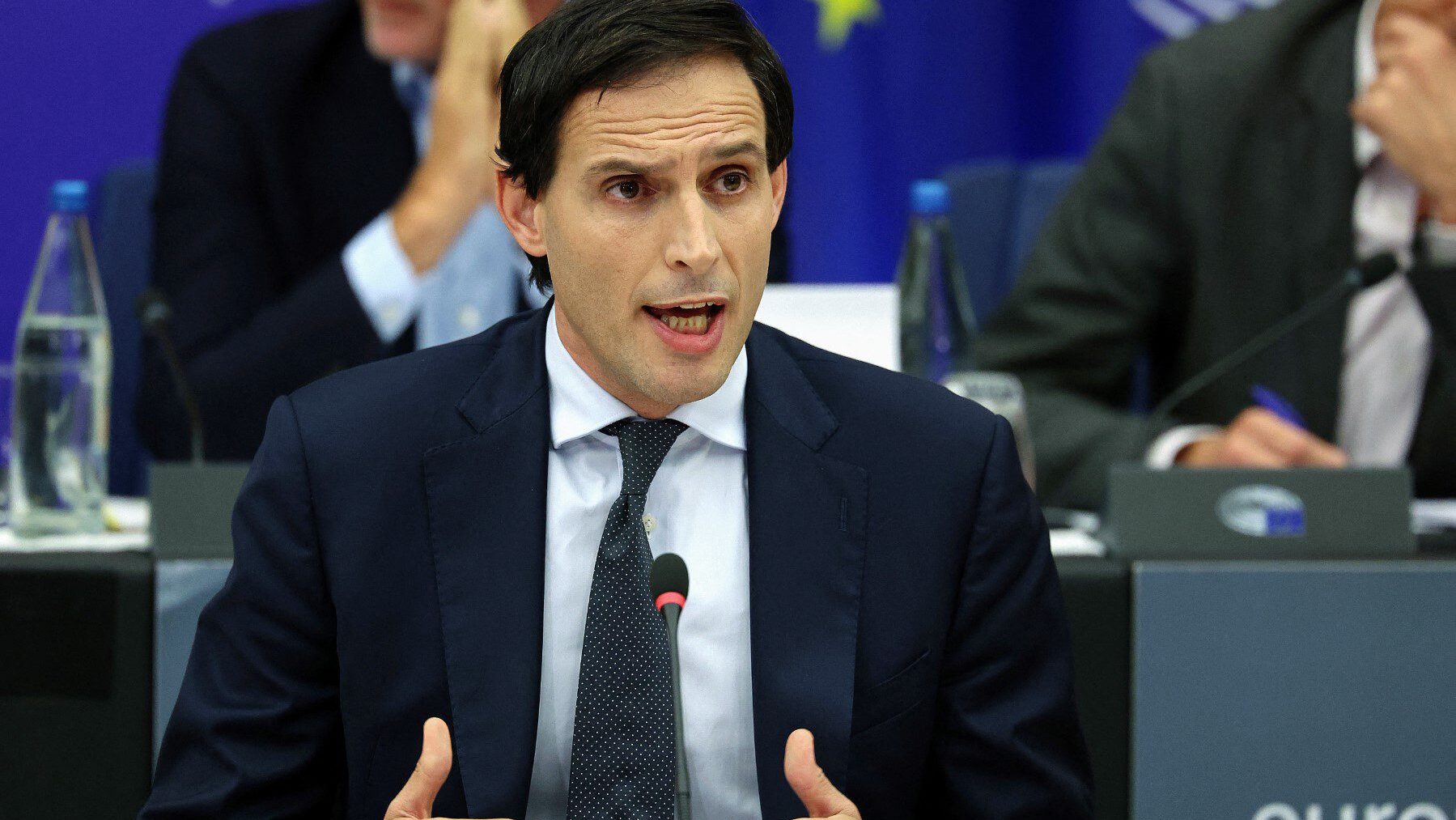
A growing unease is setting in among Brussels’ Eurocrats as a rightist wave is predicted to sweep Europe’s upcoming parliamentary elections in June.
This has however failed to deter some from doubling down on the massively unpopular ‘net zero’ policies that are partly responsible for putting EU elites in their precarious positions in the first place.
In an interview on Tuesday, the EU Commission’s climate chief, Wopke Hoekstra, told Politico that whatever the outcome of these elections, afterward, Brussels must “focus just as much and probably more” on climate action.
His remarks came on the heels of Monday’s first-ever report from the European Environment Agency (EEA), which predicts a climate apocalypse should EU governments slack off in their efforts.
“If decisive action is not taken now, most climate risks identified [in the assessment] could reach critical or catastrophic levels by the end of this century,” the report’s summary says. “Hundreds of thousands of people would die from heat waves, and economic losses from coastal floods alone could exceed €1 trillion per year.”
An EU agency tasked with delivering “knowledge and data to support Europe’s environment and climate goals,” the EEA produces “policy-relevant analyses” on these topics—in other words, its conclusions are largely predetermined by the results requested by the reigning political elite.
Remarkably, during the interview, Politico allowed Hoekstra—who in his confirmation hearings said the EU needed to make stricter emissions cuts to agriculture—to dodge several questions on farming. Instead, the commissioner said “the direction of travel is the right one in my view” adding that, “we do need to speed up, we do need to make sure we’re going to increase our pace.”
In the same vein of ignoring public sentiment to run the Net Zero train full steam ahead, the EU Parliament on Tuesday passed a new directive calling for the building sector to be “decarbonized.” The new rules are part of the effort to make the building industry “climate neutral” by 2050. ‘Decarbonizing’ means to make new construction “zero-emission” buildings from cradle to grave, taking into account
the life-cycle global warming potential of a building, including the production and disposal of the construction products used to build it.
The new rules will apply to publicly built and occupied buildings from 2028, and to other buildings by 2030.
For residential buildings—of primary interest to voters—member states have to ensure a reduction in the average primary energy use by “at least 16% by 2030 and at least 20 to 22% by 2035.”
To no one’s surprise, fossil fuels—for heating and cooling—have been branded the enemy. Member states “have to outline how they will adopt measures” so these can be phased out by 2040.
Farmers can breathe a sigh of relief at least on this point, as agricultural buildings together with “heritage buildings” are excluded from the new rules. The EU—for now—leaves it to individual member states’ discretion to decide if they want to also exclude buildings “protected for their special architectural or historical merit, temporary buildings, and churches and places of worship.”
